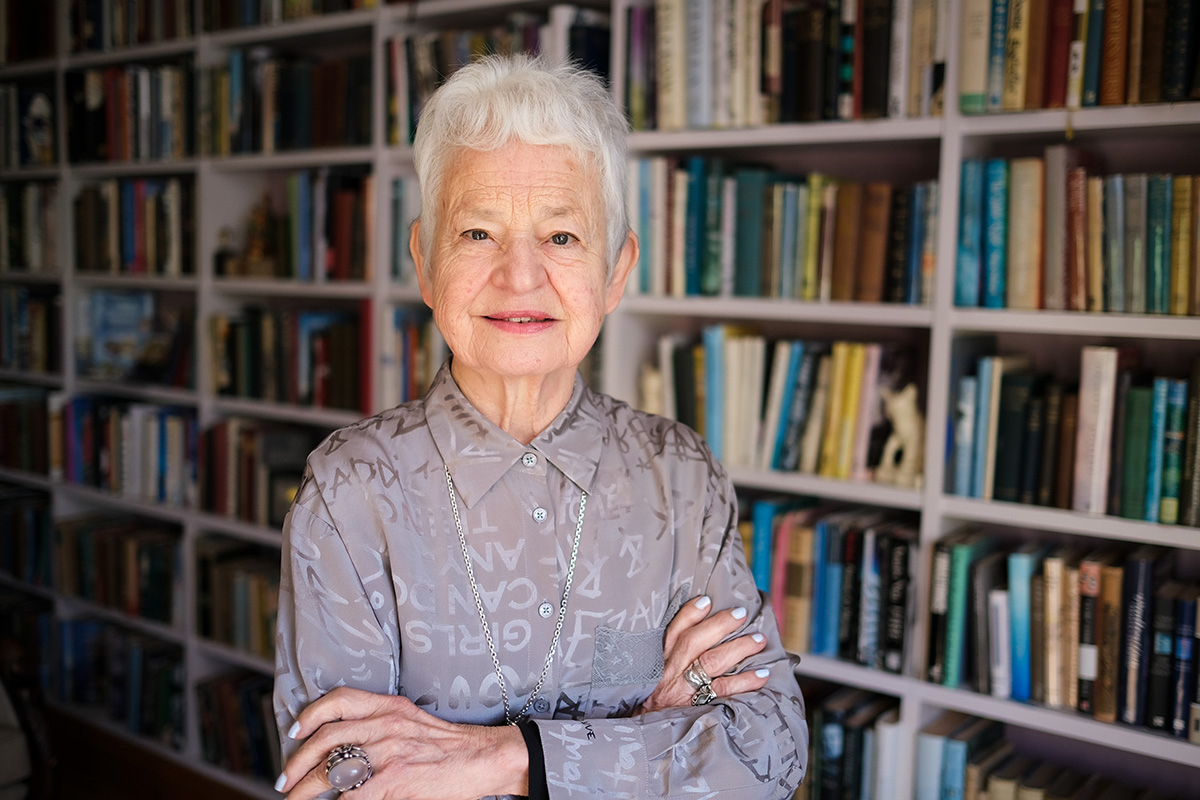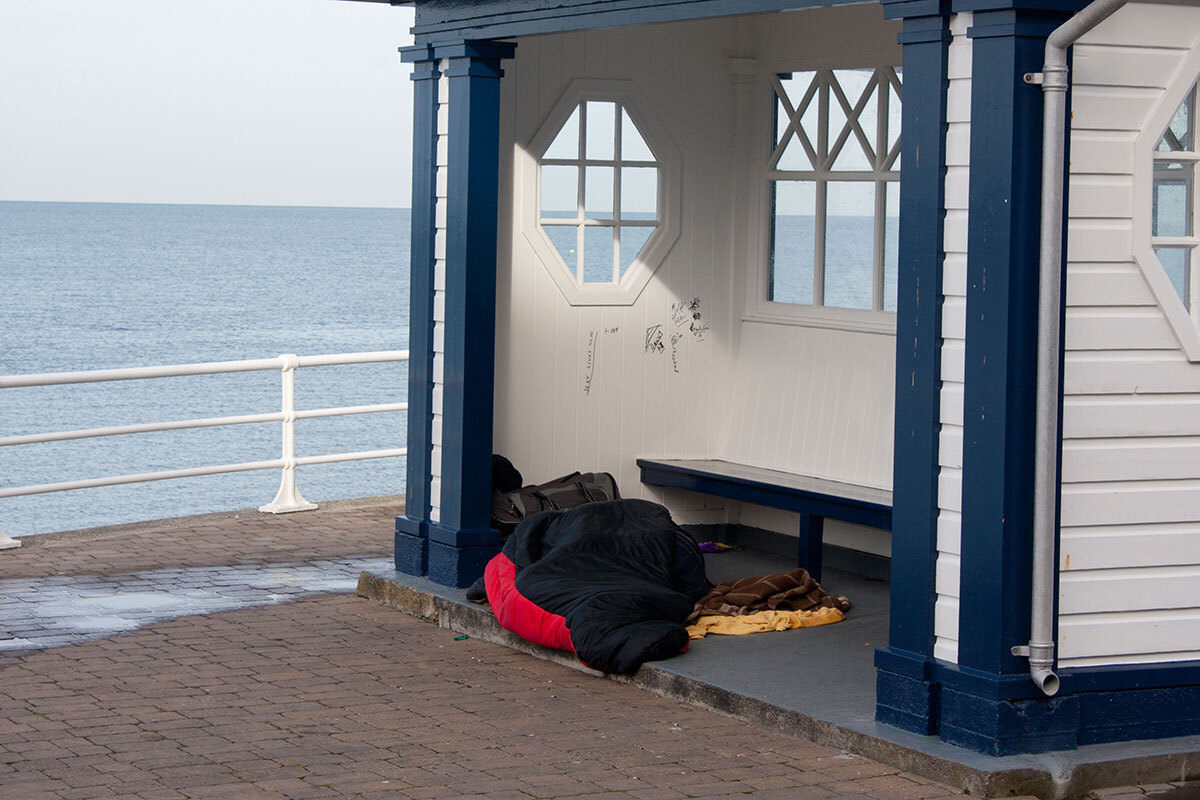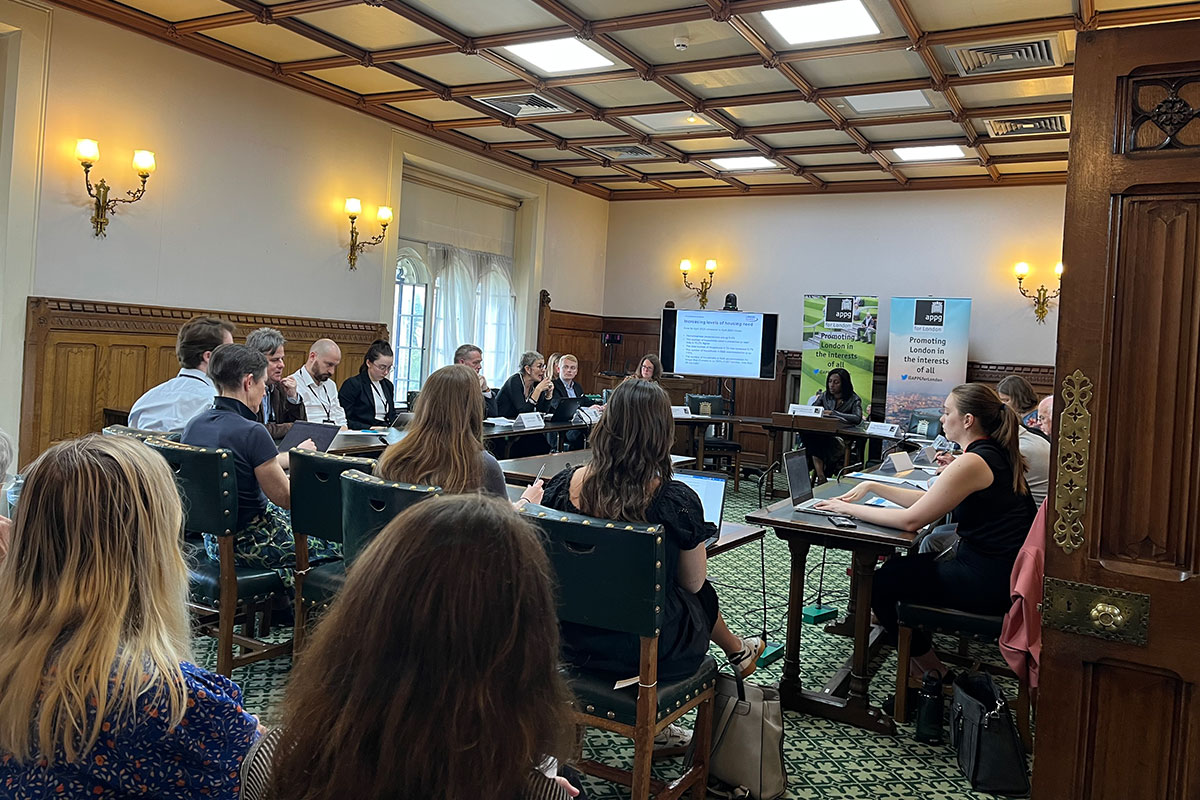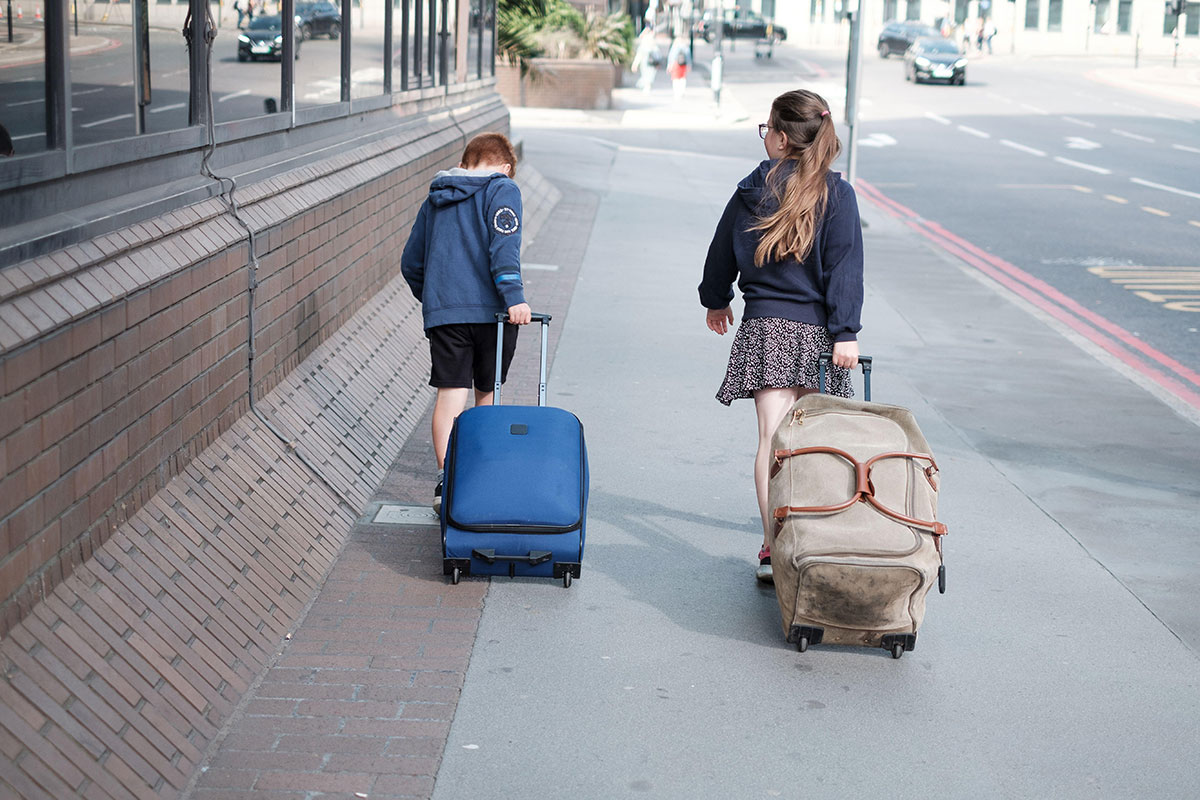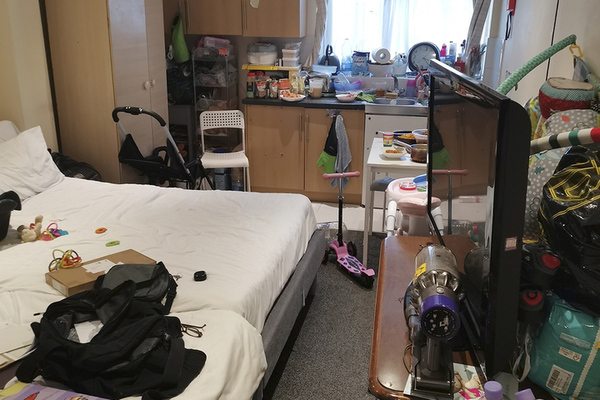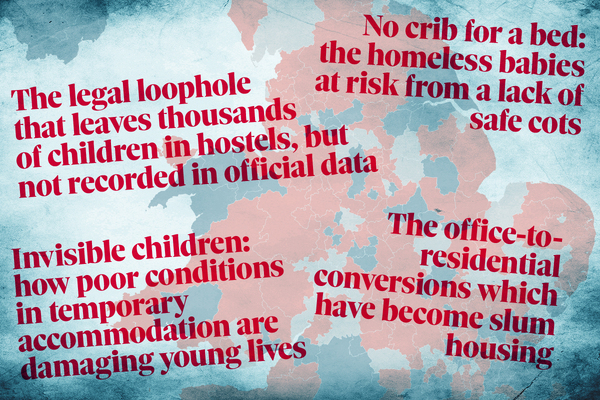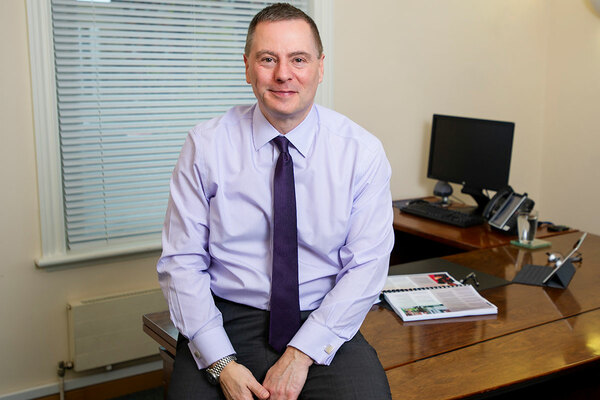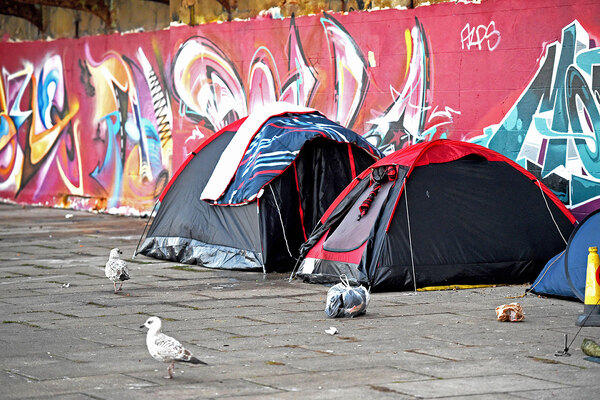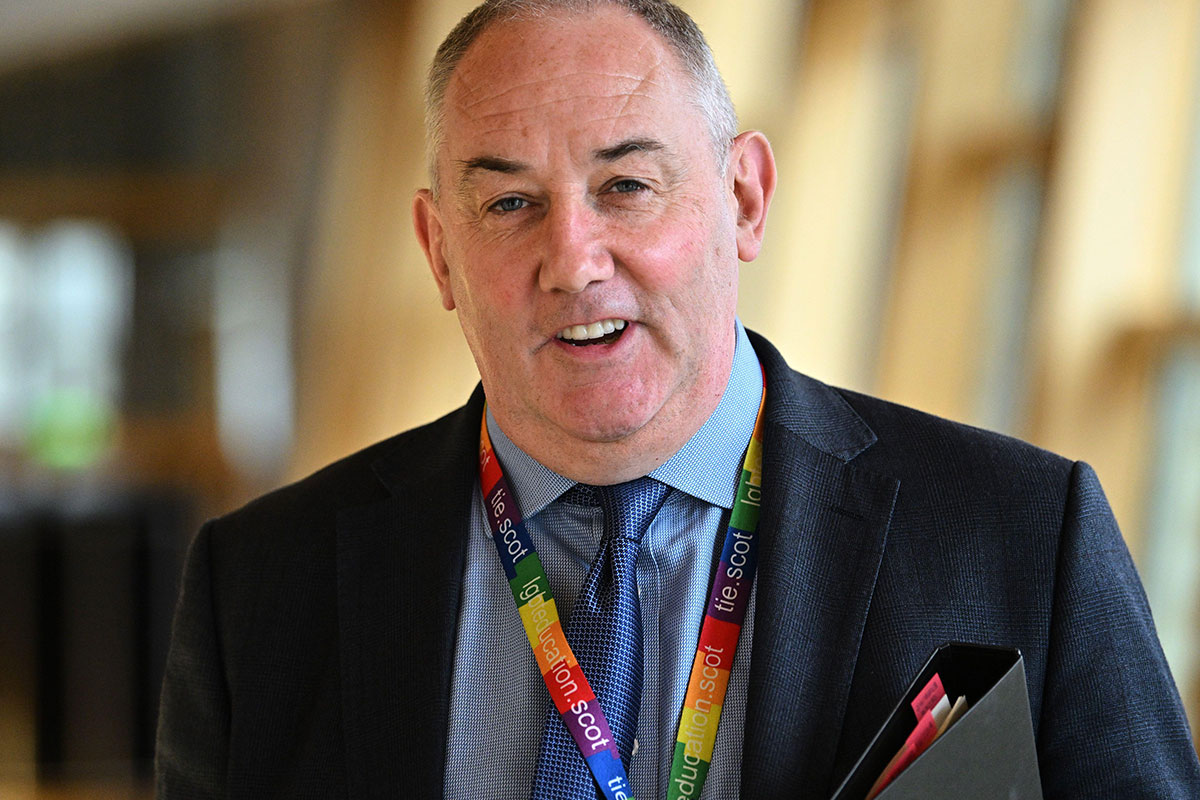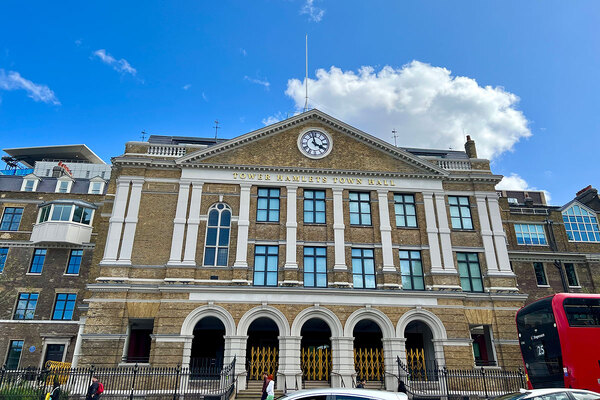Bestselling children’s author Jacqueline Wilson discusses her book about a family in temporary accommodation, 30 years after it was published
It has been 30 years since Jacqueline Wilson wrote The Bed and Breakfast Star. Katharine Swindells interviews the bestselling author about why the book about homelessness remains as relevant as ever
Jacqueline Wilson’s impact on a generation of young readers cannot be overstated. She has written more than 100 books in the past 50 years – and is still going. In the noughties, she was the decade’s most borrowed author from UK libraries, surpassing Danielle Steel, James Patterson and JK Rowling.
She is known, in particular, for telling the stories of children with difficult lives: those in the care system, facing bullying or abuse, or with guardians affected by mental health struggles.
It is unsurprising, then, that in the early 1990s, a few years after the publication of her breakthrough novel The Story of Tracy Beaker, Dame Jacqueline turned her attention to the thousands of children living in B&B temporary accommodation.
The Bed and Breakfast Star, published in 1994, tells the story of 10-year-old Elsa, whose family is evicted and moves into one bedroom of a B&B – all five of them. Elsa, a budding comedian, tries to stay positive as the family grapples with the lack of space and cooking facilities, and struggles to navigate the housing and welfare system.
Thirty years on from its publication, Dame Jacqueline revisited Elsa’s story with Inside Housing to discuss why it remains as relevant as ever, and how we should talk to young people about homelessness.
Considering that home is such a central part of children’s lives, it is somewhat surprising that depictions of homelessness are so few and far between in young people’s literature. In the first chapter of The Bed and Breakfast Star, Elsa walks us through all the beds and bedrooms of her life so far, accompanied by Nick Sharratt’s illustrations.
We follow her from a cot, to a small camp bed in the living room, to a damp council flat, then their own house, until the whole family ends up squeezed into a hotel room, with Elsa sharing a single bed with her sister.
Dame Jacqueline was living down the road from a run-down hotel in suburban London when she got the inspiration for the book. The hotel housed homeless families, and she would bump into the children in the local newsagents. She would watch people coming and going from the hotel, and imagine what their lives were like. She quickly realised all the different pathways that could lead a family to end up in temporary accommodation.
“Maybe a woman is left to bring up three kids, they can’t keep up paying the rent, or they don’t have relatives with enough space to put them up,” she says.
“It’s frightening how quickly you can sort of fall down into this sort of horrible feeling that you have nowhere to go.”
In the book, Elsa’s family moves out of a council flat into their own home, but when her stepdad loses his job, the home is seized. As Elsa puts it: “We thought we’d have to go back to the mouldy flat. But they’d put another family in there. There wasn’t any room for us. So guess where we ended up. In a bed-and-breakfast hotel.”
Dame Jacqueline herself grew up in a council flat in Kingston-upon-Thames in the 1950s, which she has spoken of as life-changing for her family. Today, the housing crisis is more serious than she could ever have dreamed. “There are so many families that just haven’t got a home of their own, and it’s getting so much more widespread with rent going up so much, and mortgages just impossible,” she says.
Record levels of B&B usage
In 1991, more than 12,000 households in England were living in B&B temporary accommodation. By 2009, that was down to around 2,000 households, 500 of which had children. But in 2023, B&B usage reached record levels, with more than 14,000 families housed in this type of accommodation.
“And this is where you might end up, probably for far longer than you think. Because there’s so few social housing places because so many council houses were sold off. So it’s an ever-increasing problem,” Dame Jacqueline says.
“It’s really dreadful, isn’t it, that 30 years on from writing The Bed and Breakfast Star, things have got worse, not better,” she says.
The details of the book will be familiar to regular Inside Housing readers: the hotel’s refusal to provide a cot for the baby, queuing for the communal laundry and kitchen facilities, and storing saucepans in the bedroom.
It is a far cry from the boarding schools and hockey sticks that dominated the literature of Dame Jacqueline’s childhood, but she is adamant that children do not need to be sheltered from harsh realities, not least because it is happening to them and their classmates.
In London in 2023, the equivalent of one child in every classroom was in temporary accommodation. In some boroughs, it was more than one in 10 children. A primary school in Peckham surveyed families last year and found that 81% were homeless, sofa-surfing or in non-secure tenancies, and 54% were in temporary accommodation.
Over three decades of book signings and school visits, Dame Jacqueline has met many of these children herself. “If you weren’t a teacher or somebody in authority, they’d tell you all sorts of things that they wouldn’t
tell anybody else. They really do have tough times.
“It must be weird to go to a school where your life isn’t quite the same as other people. You can’t invite lots of friends back. You can’t really ever have a sleepover. You can’t do all the things that other kids in your class are taking for granted.”
As much as her books help children understand the experiences of others, they also hold lessons for parents and teachers. In The Bed and Breakfast Star, the adults are as bad, if not worse, than the other kids in school, whether it is the dismissive housing officers, the hotel cleaner who calls the residents “scum”, or the teachers who do not even bother to learn their names: “Oh, that’s just one of the bed-and-breakfast children.”
‘I felt the injustice’
Dame Jacqueline recalls an incident from her school days, when a classmate who could not afford the right shoes was forced to stand up in front of everyone and publicly shamed. (She is quick to make it clear that that teacher is long gone.)
“I felt the injustice of it and it stayed with me. Kids have to suffer all sorts of horrible things that adults don’t really even think about,” she says.
“I do think schools, most schools anyway, have got a different atmosphere [now] and are child-centred in a way that they didn’t used to be.”
Dame Jacqueline says her books were never intended as a “serious manual”. Their primary purpose is to entertain. In the book, Elsa sees the funny side of being labelled “bed and breakfast” by her classmates and teachers: “Honestly. It makes me sound like I’ve got a duvet for a dress, cornflake curls, two fried egg eyes and a streaky bacon smile.”
Among the grim details of their cramped living conditions, Elsa’s mum’s mental health struggles and her stepdad’s aggression, the children find the bright side in their “mega-feast” corner shop lunches of crisps, chocolate and fizzy drinks.
Dame Jacqueline says that when she lived close to the B&B in London, she was “struck by how these kids were in really difficult accommodation, yet they were just funny and chirpy, and I thought it would be lovely to write about a kid in really difficult circumstances and with a rather unpleasant stepdad and yet she still manages to stay cheerful.
“It would show what life was like for these children and yet how they’re still children. Elsa likes cracking really appalling jokes, but [I also wanted] to show there could be a fire, the difficulty of cramped conditions, and the danger of living in this sort of accommodation.”
Recent longform articles by Katharine Swindells
Inside Housing’s annual survey reveals the pay of more than 150 housing association chief executives. Katharine Swindells reports
Debi Marriott-Lavery: the non-conformist chief executive
Debi Marriot-Lavery talks to Katharine Swindells about her career path from A&E ward to the boardroom of Magenta Living
The case for flooring to be included when social homes are let
Wales has just passed regulations that new social lets must come with flooring included. But with hundreds of thousands of families across the UK still living in social homes without carpet and flooring, should English and Scottish social landlords follow suit? Katharine Swindells reports
Sign up for our homelessness bulletin
Already have an account? Click here to manage your newsletters
